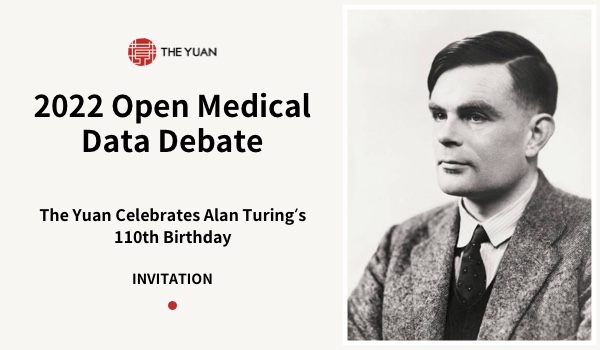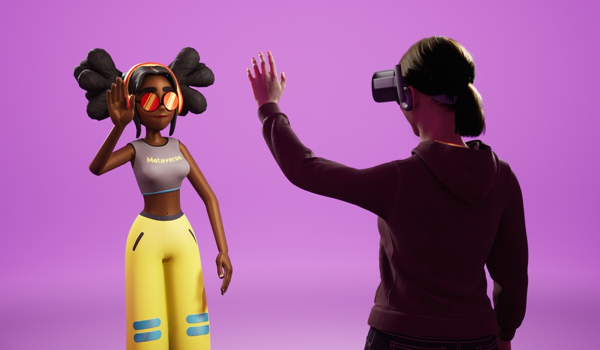


Day 9
The Yuan’s voyage of intelligent discovery grounds on day nine on the shores of Maryland, another of the 13 English colonies to declare its independence from the motherland in 1776. Like Massachusetts, Maryland was founded as a dissident religious enclave. Unlike its northerly neighbor, however, the Catholic settlement chartered by King James I and named after his Danish wife Henrietta Maria has a long tradition of tolerance of religion, politics, and freethinking. Its Italian motto Fatti Maschii Parole Femine (Strong Deeds, Gentle Words) aptly encapsulates this ethos. Taking the helm in the Free State, ex-NASA data scientist Kirk Borne contends that AI is a tool that can be misused like any other, and that human freethinking will always trump AI’s in-the-box cognition which, though already ‘smarter,’ will likely never be wiser. Thus, it will be more of a boon than a bane to humanity - if handled right.Shifeng Wang
Chief Editor, The Yuan
COLUMBIA, MARYLAND - One cannot escape discussions about artificial intelligence (AI) these days. Not only do I continually have such conversations with colleagues, clients, and content creators nearly every day, but I also have persistent engagements with neighbors, friends, and family concerning AI. These exchanges frequently start with questions like this: Is AI safe? Is AI becoming smarter than us? Is AI destroying jobs? Is AI displacing workers? Is AI out of control?
With explosive new developments this year in the realm of conversational AI chatbots, large language models (LLMs), and ChatGPT - the new ‘big kid’ in the AI world- the globe is buzzing with questions like the ones above. One of the developers of ChatGPT recently said the following: “AI could surpass humanity within the next 10 years as 'superintelligence' starts to exceed other powerful technologies.”1
So, the question today is: ‘What happens when AI outsmarts humans?’ This article will begin with a story that establishes the context in which to answer that question.
My career background is in astronomy and astrophysics, and my doctoral dissertation was in this field as well. For the first 20-plus years of my career, I was a research scientist and project manager in the United States National Aeronautics and Space Administration supporting data systems for space science missions. The focus was primarily on data systems, data management, data analysis, and data distribution of space science datasets to the worldwide research community. Then, one day, our data center was offered a 2-Terabyte dataset for management and distribution to the world. That might not sound like a big deal by today’s data volume standards, but in 1998 two terabytes was an enormous data volume challenge for a data center. In fact, that one single dataset was two times larger in volume than the combined aggregate total volume of all the other 15,000 datasets in our cente
The content herein is subject to copyright by The Yuan. All rights reserved. The content of the services is owned or licensed to The Yuan. Such content from The Yuan may be shared and reprinted but must clearly identify The Yuan as its original source. Content from a third-party copyright holder identified in the copyright notice contained in such third party’s content appearing in The Yuan must likewise be clearly labeled as such. Continue with Linkedin
Continue with Linkedin
 Continue with Google
Continue with Google








 2042 views
2042 views









